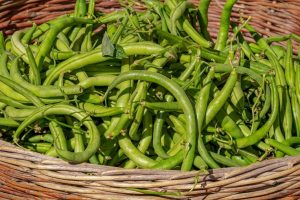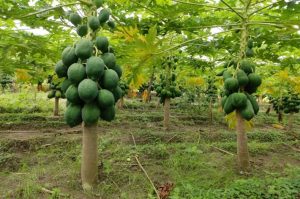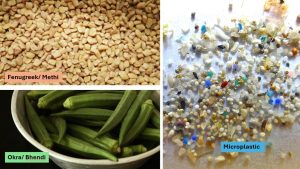Healing the Hands That Feed Us: How Art of Living Is Supporting Indian Farmers in Critical Times
Food activism often focuses on what we eat – organic vs. chemical, local vs. industrial, plant-based vs. animal-based. But just as important is who grows our food and the emotional, psychological, and social conditions under which that food is produced.




























